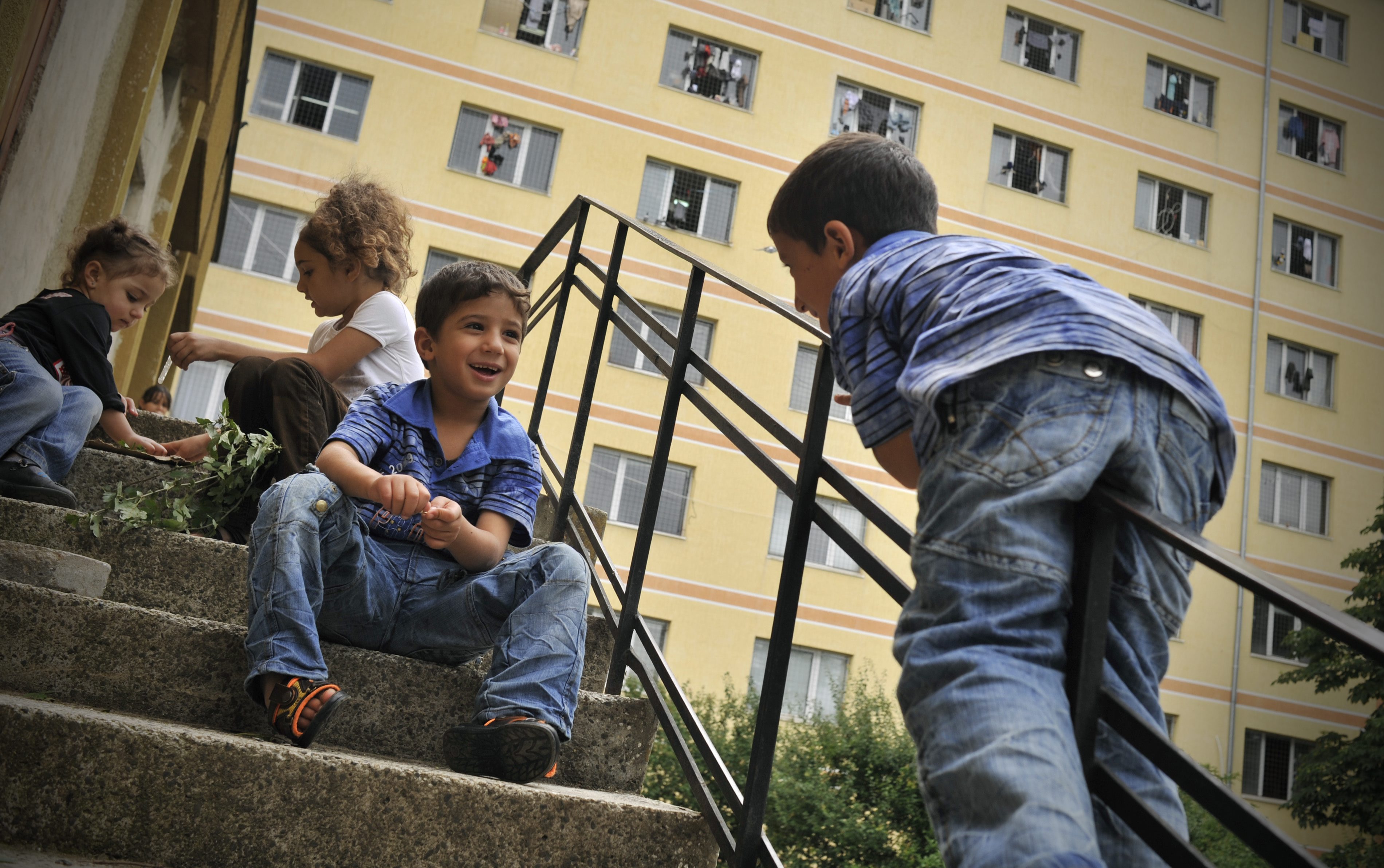Lubbers urges EU to take more holistic approach to refugees
Lubbers urges EU to take more holistic approach to refugees
29 January 2005
LUXEMBOURG, Jan. 29 - UN High Commissioner for Refugees Ruud Lubbers today called on European Union countries to improve the governance of refugee problems by concentrating on reinforcing protection in refugees' regions of origin, building greater capacity in transit countries and improving the quality of the EU's own asylum systems.
"I agree that we need to provide refugees with protection and durable solutions as early as possible.... By reinforcing protection in regions of origin, and ensuring that refugees can find solutions there, we can reduce the pressure for onward movement," said Lubbers, who was addressing an informal meeting of European interior ministers in Luxembourg. He said that for this to happen, there needed to be more resources and closer coordination between interior, foreign and development ministries as well as with the European Commission.
He pointed out that although refugee numbers worldwide are going down - currently just under 10 million, or about half what they were a decade ago - there are still too many long-lasting refugee problems. "We count 38 protracted refugee situations worldwide - involving more than six million people," he said. "... In a protracted situation, refugees are in limbo. Their lives may not always be at risk, but their basic rights and essential needs remain unfulfilled. They depend on external aid and have no prospect of a durable solution."
Lubbers cited the case of Afghanistan - the largest group of asylum seekers arriving in Europe in 2001 - as an example of how a concerted effort in the region of origin can provide a clear dividend in terms of reduced flows to Europe. "There is certainly a link between the sharp decline in the number of Afghan asylum seekers in Europe and the massive return to Afghanistan," Lubbers said.
Turning to the issue of transit countries - countries through which refugees and economic migrants pass through on their way to Europe - Lubbers suggested that improving the asylum conditions in such countries would also help reduce onward movement. "But this will take time," he warned. "Therefore, I strongly counsel against any precipitous initiative to declare such countries 'safe,' in the absence of acceptable protection safeguards."
He also commented on the neglected issue of interception at sea, which aroused considerable passions in a number of EU countries during the summer and autumn of 2004: "We need to develop a set of responsibility-sharing arrangements to deal equitably with persons intercepted or rescued at sea," he said. "Among the people intercepted, there will be asylum seekers and refugees. It is important to have a workable arrangement for determining their status, and for finding durable solutions - including through resettlement."
On the issue of resettlement - a system whereby refugees with a particularly urgent or intractable problem in their first asylum country are transported to a new life in a third country - Lubbers pointed out that the "countries of immigration" (Australia, Canada, New Zealand and the United States) offered resettlement places for up to 100,000 refugees last year, whereas Europe as a whole only made 4,700 places available.
Building on his earlier comments about the all-round benefit of devoting more resources to improving protection in regions of origin, Lubbers said "Step by step, we need to move towards more refugee resettlement and less irregular movement.... Over time, the availability of such a channel of access to Europe for refugees could help to reduce the pressure of spontaneous arrivals. Of course, this will be even more likely, if channels for economic migration are opened as well."
The High Commissioner then turned to the EU's own asylum systems, saying that "the internal and external dimensions are inextricably linked."
Since the EU began its process of harmonizing asylum laws and practices in 1999, the number of asylum seekers has fallen sharply. "This development takes away much of the pressure governments have experienced in recent years, and which has resulted in policies and practices sometimes hard to reconcile with proper refugee protection standards," he said, before going on to outline three key areas where UNHCR believes the EU needs to devote attention.
On the issue of quality and consistency in asylum decision-making, Lubbers said "It seems unacceptable to me that the same asylum seeker - a Chechen for example - has virtually zero chance of finding protection in one Member State, a 50 percent chance in another, and close to 100 percent in a third."
Lubbers pointed out the lack of a system to share responsibility in the event a particular EU state is overburdened: "I fear that high protection standards will be difficult to maintain in a system which shifts responsibility to states located on the external border of the EU, many of which have limited asylum capacity," he said.
He also called for much more attention to be paid to integration, and welcomed the integration principles adopted during the recent Netherlands presidency of the EU.





